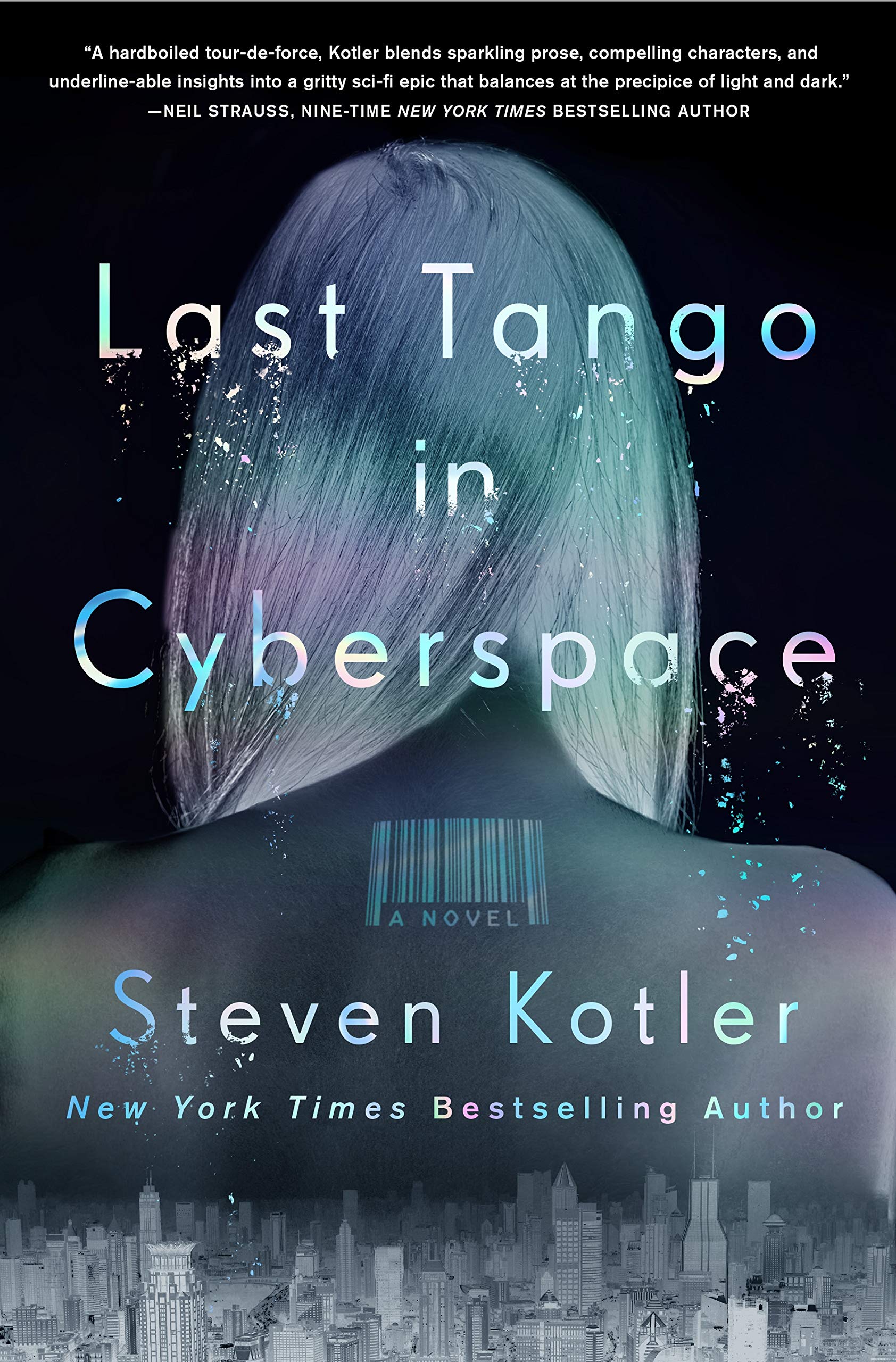
Arthur C. Clarke's 2001: A Space Odyssey traces the development of man from his nascence, learning to manipulate and create tools, and posits mankind's future with the rise of the Starchild.



 "We all have our time machines, don't we. Those that take us back are memories. And those that carry us forward, are dreams." - H. G. Wells, The Time Machine
"We all have our time machines, don't we. Those that take us back are memories. And those that carry us forward, are dreams." - H. G. Wells, The Time Machine